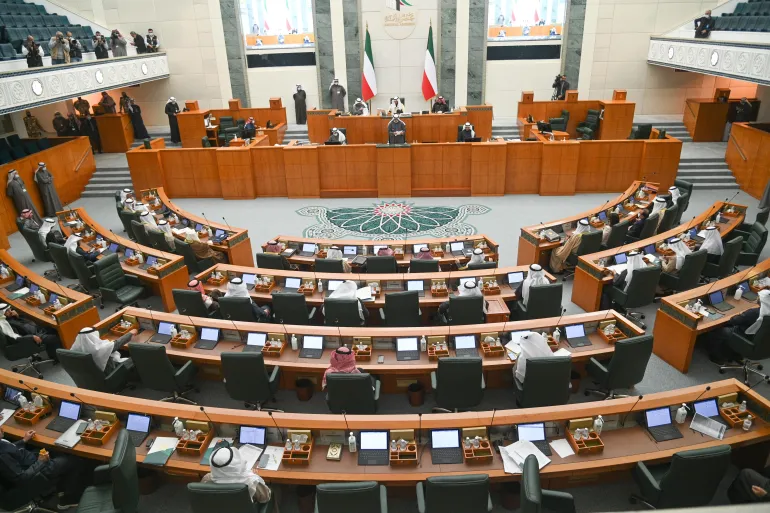
An estimated 835,000 Kuwaitis are eligible to vote in first elections under new emir, Sheikh Mishal al-Ahmad Al Sabah.
Voters in Kuwait are heading to the polls to elect new members of parliament as political disputes in recent years have created a deadlock between the National Assembly and the ruling family.
Thursday’s election is the first under the new emir, Sheikh Mishal al-Ahmad Al Sabah, 83, who took over in December after the death of his half-brother, Sheikh Nawaf al-Ahmad Al Sabah.
An estimated 835,000 Kuwaitis are eligible to vote in the Gulf state of 4.2 million people. About 200 candidates are vying to fill 50 seats.
This is the fourth election in the OPEC member state since December 2020.
There have been concerns of low voter turnout, prompting the emir to warn the public against boycotting the process.
Sheikh Mishal dissolved parliament on February 15 citing violations of the constitution, after the body refused to reprimand a politician for allegedly insulting him.
He had criticised the National Assembly and the government in his first speech before parliament after taking over, saying they were “harming the interests of the country and its people”.
The most recent parliamentary vote was held in June 2023 amid political tensions between elected politicians and the ruling family. During that election, the opposition retained a majority of the vote resulting in a continuing political deadlock.
Voter turnout in the 2023 election – the country’s third vote in three years – was 51 percent.
The Kuwaiti parliament has more influence than in other Gulf monarchies, at times challenging the executive branch.
Among those who ran and won in the last election was former parliament speaker Marzouq al-Ghanim, an influential politician representing the country’s business community. He has been critical of the ruling family.
The political gridlock has led to the decay of social services such as healthcare and education.
Despite holding one of the world’s largest oil reserves and having a strong fiscal and external balance sheet, the turmoil has stalled much-needed investments and reforms.

